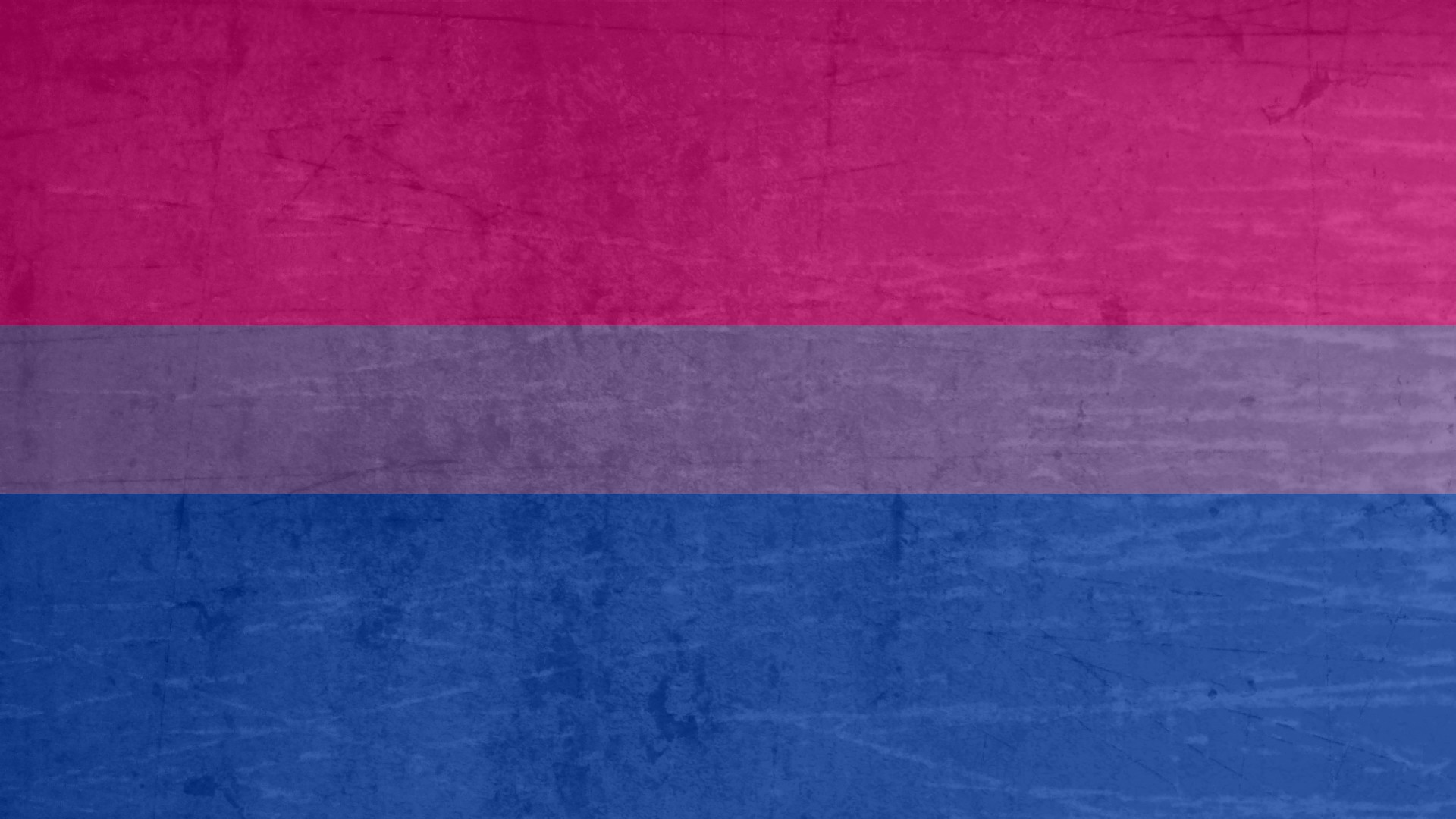Coming out is a terrifying and daunting prospect for almost anyone that finds themselves faced with doing so. This is particularly true when the explanation of your sexual orientation is nowhere near as simple as that one line in your SPHE book that explained “Oh by the way, some women like women instead of men and vice versa, maybe that’s a thing you should know about”. Not being monosexual (not being solely attracted to one gender) has a tendency to evoke a seemingly endless array of questions, opinions and criticisms from people in both the straight and queer community who think that they know you better than you do. Fundamentally, this commentary revolves around the idea that polysexuality is an urban legend. It is an attempt to undermine someone’s sexuality in the misguided belief that, under enough pressure, everyone will fit neatly into a box labelled “straight” or one labelled “gay”. Spoiler alert: we don’t.
Not everyone fits into a box in the way that we would like them to. When I began exploring my sexuality and came to the realisation that I’m not straight, I quickly decided that putting a label on my sexuality that was more specific than ‘queer’ or ‘not monosexual’ was not something I was comfortable with. Generally, this is something that I try to tell people when I come out to them in an attempt to minimise the number of people who attempt to make a judgement about me and assign me a label that I never subscribed to. However, something I’ve begun to notice a lot recently, is that even when I explicitly tell someone that I’m not comfortable with labelling my sexuality, they try to do it anyway. This is always a disgusting thing to do to someone. Here’s a fun life tip: if someone tells you they don’t fit in a box in which you want to put them, or even in any box at all, do not try to force them into a box.
That’s something to bear in mind when dealing with both metaphorical and literal boxes. Either way, it hurts.
People’s attempts to undermine someone’s sexuality come in a wide variety of forms, but it most commonly tends to be invasive questions that try to mathematically assess how you should be identifying. Take, for example, the last time I came out to someone. In fact, I hadn’t been planning on undergoing the whole rigmarole of coming out. My plan was basically to just say I thought a girl was attractive in the company of new friends so that they’d get the picture and move on. Sadly, this was followed by a barrage of unsolicited questions, including “So how many girlfriends have you had?”. It was passed off as an innocent enough question, but it was very obviously more than that. It was an incredibly invasive attempt to determine whether I was really queer or not. The implication that I was lying about my sexuality, or that I had to justify it to someone else in order for it to be valid, not only hurt me, but made me incredibly self-conscious, and continues to affect the way I think and feel about prospective romantic and sexual encounters.
In order to make the world a bit less crap for polysexual people, here is some helpful advice for what to do when you discover that someone doesn’t fit into either the ‘straight’ or ‘gay’ box. Just believe them. That’s all you have to do. Just accept the fact that someone knows themselves better than you do. Don’t buy into the stereotypes, that polysexual people are lying, that the women are just straight sluts looking for attention or that the guys are all closet cases. Don’t ask invasive questions about people’s romance or sex lives in an attempt todisprove their identity. Some polysexual people have only gone out with people of one gender. Some of them have only hooked up with people of one gender. Maybe they’re polysexual and heteroromantic, maybe they’re questioning and aren’t comfortable with experimenting just yet, or maybe they’re just not that into love or sex but know who they’re attracted to.
At the end of the day, none of that matters. Sexuality isn’t a competition where you get assigned to a team based on how many points you have. It’s an identity that one person and one person alone has the right to determine, and at no point should anyone be pressured to justify that identity. If you’re worried that someone might have picked the wrong label, don’t be. It will have no effect on your life whatsoever. What does have an effect on someone’s life, however, is feeling like every romantic and sexual encounter that they have is constantly being scrutinised, or having people undermine their identity so many times that they begin to internalise that monosexism. You don’t need to give them another reason to feel guilty or wrong about who they are. Just be a decent human being. Be the kind of person who believes them and accept them for who they say they are. Then just get on with your life and let them do the same.
Illustration: John Tierney







